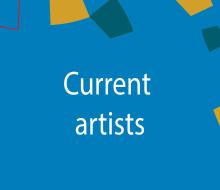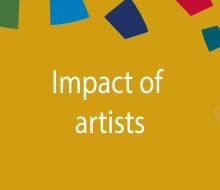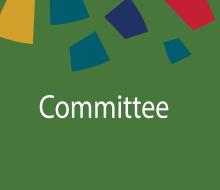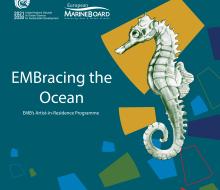If we are to ensure the effectiveness of scientific solutions developed within the UN Decade of Ocean Science for Sustainable Development, society’s relationship with the Ocean must improve. The arts are powerful ways to impact society and drive change due to their role in conveying human values, ideas, and visions; developing social, cultural, and individual identities; offering innovative approaches to communication and dialogue around complex issues; distilling information; and producing new knowledge and insights. This programme is part of EMB’s support for the Ocean Decade, and contributes to the Ocean Decade societal challenge of an inspiring and engaging Ocean where society understands and values the Ocean in relation to human wellbeing and sustainable development. The EMBracing the Ocean programme additionally supports the goals of the EU Mission Restore our Ocean and Waters (Mission Ocean) to protect and restore marine ecosystems and biodiversity, prevent and eliminate pollution in our Ocean and to make the sustainable blue economy carbon-neutral and circular. Public mobilisation and engagement are key enablers of the Mission Ocean, for which art plays an important role.




